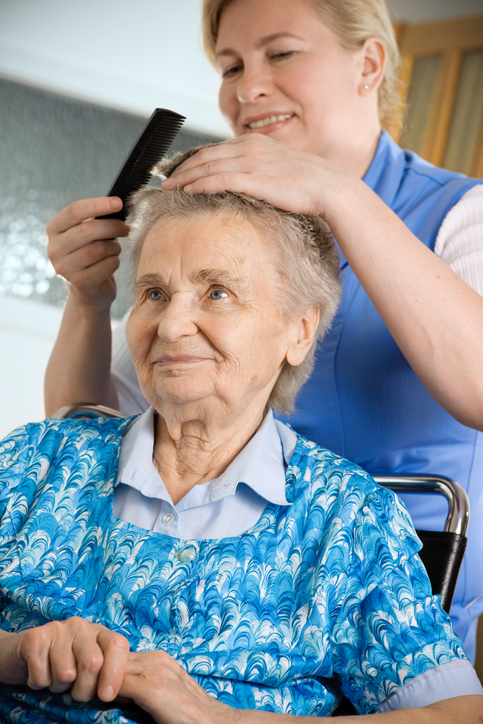In an era where fast-paced lifestyles and constant connectivity dominate, the importance of personal well-being has never been more evident. Amidst the myriad of wellness observances, two particularly stand out in July: Social Wellness Month and International Self-Care Day. These observances highlight critical aspects of overall health, emphasizing the necessity of nurturing both our social connections and personal self-care routines.
Understanding Social Wellness
Social Wellness Month, celebrated every July, serves as a reminder of the importance of our interactions with others and our roles within various communities. Social wellness is the ability to form and maintain relationships, effectively communicate, and manage conflict. It encompasses our relationships with family, friends, colleagues, and the larger community, all of which contribute to a supportive social network.
The modern world, despite being more connected digitally, often sees individuals struggling with feelings of isolation and loneliness. The rise of social media has paradoxically been linked to increased feelings of loneliness and depression. Social Wellness Month urges us to take a step back from digital screens and invest time in real, meaningful interactions.
The Importance of Social Connections
Research consistently shows that strong social connections are linked to numerous health benefits. According to a study published in the journal *PLOS Medicine*, individuals with strong social ties have a 50% increased likelihood of longevity compared to those with weaker social connections. Social interactions help reduce stress, anxiety, and depression while boosting self-esteem and empathy.
To enhance social wellness, it is vital to engage in activities that foster connection. Joining community groups, volunteering, or simply reaching out to friends and family are effective ways to strengthen social bonds. Regular social activities can significantly enhance emotional resilience and create a sense of belonging, crucial for mental health.
International Self-Care Day: A Global Reminder
Complementing Social Wellness Month, International Self-Care Day is observed on July 24th. This day underscores the importance of self-care as a cornerstone of health and well-being. Self-care is any activity that we do deliberately to take care of our mental, emotional, and physical health. Although simple in concept, self-care is something we often overlook in our daily routines.
The Foundations of Self-Care
Self-care encompasses various domains, including physical, emotional, mental, spiritual, and social well-being. It can range from basic activities like eating a balanced diet, exercising regularly, and getting enough sleep to more personalized practices such as mindfulness, meditation, journaling, or engaging in hobbies that bring joy.
The World Health Organization (WHO) defines self-care as “the ability of individuals, families, and communities to promote health, prevent disease, maintain health, and to cope with illness and disability with or without the support of a healthcare provider.” This broad definition highlights the proactive role individuals can play in their health.
Integrating Self-Care into Daily Life
Practicing self-care doesn’t require drastic changes. Small, consistent actions can lead to significant improvements in overall well-being. For instance, setting aside time each day for relaxation, whether through reading, walking, or enjoying a hobby, can have profound effects on mental health.
Moreover, self-care also involves setting boundaries and recognizing the need for rest. In a culture that often glorifies busyness, learning to say no and prioritizing one’s needs is a crucial aspect of self-care. It’s about listening to our bodies and minds and giving ourselves permission to take breaks and recharge.
The Interconnection of Social Wellness and Self-Care
Social wellness and self-care are deeply intertwined. Strong social connections can enhance self-care by providing emotional support, companionship, and a sense of community. Conversely, practicing self-care can improve our social interactions by reducing stress and increasing emotional stability, making us better equipped to connect with others.
Promoting a Balanced Approach
Both Social Wellness Month and International Self-Care Day offer valuable reminders of the need to maintain a balanced approach to health. Here are some practical tips to integrate both social wellness and self-care into daily life:
1. Schedule Regular Social Activities: Make time for friends and family. Whether it’s a weekly coffee date, a group workout session, or a monthly book club, regular social interactions are key.
2. Engage in Community Service: Volunteering can provide a sense of purpose and connection. It’s a great way to meet new people and strengthen community ties.
3. Prioritize Self-Care Activities: Identify self-care practices that work for you and incorporate them into your routine. This could be anything from yoga to painting, ensuring it’s something you enjoy and find relaxing.
4. Set Healthy Boundaries: Learn to say no without feeling guilty. Recognize your limits and ensure you have time for yourself amidst social commitments.
5. Practice Mindfulness: Engage in mindfulness practices to stay present and reduce stress. This can improve your ability to connect with others and enhance your overall well-being.
Conclusion
July’s focus on Social Wellness Month and International Self-Care Day provides a holistic view of health that underscores the significance of both community and personal care. By embracing these principles, individuals can create a more balanced, fulfilling life, fostering resilience, happiness, and longevity. The journey towards wellness is continuous, but with mindful efforts in social connections and self-care, it’s a journey well worth taking.

